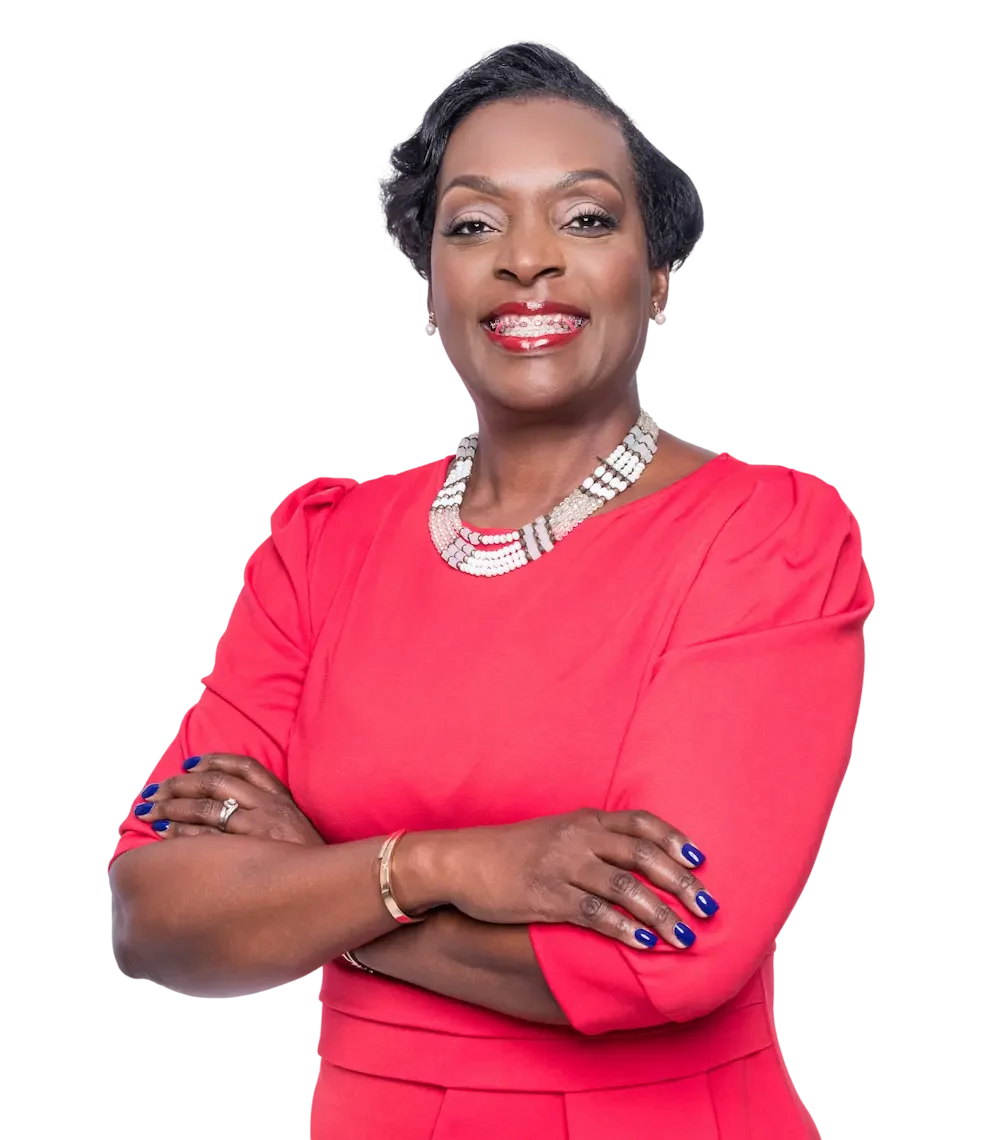Hurricane-Proof Your Home: Financial Tips for Female Homeowners
With forecasts predicting an overactive 2025 Hurricane season, financial experts at The GraceKennedy Financial Group are encouraging female homeowners to protect their assets.
National Housing Trust (NHT) data indicates that more Jamaican women are purchasing homes. Over the last five (5) years, between 2019 – 2024, on average, 60% of all mortgages issued by the Trust were to women.
Below, Renee Cooper-McLean, Branch Manager at First Global Bank’s Duke Street Branch and Andrea Muir Gibbs, Assistant General Manager, Client & Partner Services at GK General Insurance outline six (6) tips to help women secure their homes both financially and physically ahead of the season’s start date, June 1.
1. Invest In Your Home’s Protection
Your new home is an appreciating asset — invest in its protection. For your exteriors, if you haven’t already, install hurricane shutters to cover your windows and doors. Also, get some DIY done – head to YouTube and learn simple techniques you can use, especially if you live alone to be able to make light cosmetic fixes to your property ahead of the season. Seal any openings you may have and use door sweeps to stop water from seeping in from any heavy rainfall.
“Making these additions and more to your property increases its value overtime, so don’t discredit any alterations. While you may have recently purchased your home, be in it for the long haul especially as it relates to its care. You love it, so please protect it.” Muir Gibbs said.
2. Know Your Financial Standing Early On
Best practices in savings says we all should have an emergency fund. If you happen to have one, review how much you have and what it will look like in a worst-case scenario should a Hurricane hit. Calculate what your bills, food and household needs would be in a Hurricane. If you don’t have an emergency fund, pursue options such as a credit card to use as reserves; stock up on needed items to prepare; never panic buy when a Hurricane is set to hit.
“Hurricanes thrive on warm seawater and with temperatures currently a bit warmer than normal in the Caribbean Sea, according to experts, the season is forecasted to produce 17 storms and 9 Hurricanes. With a Hurricane aftermath typically impacting major roads and business districts, we advise that you properly store and safeguard cash and credit cards as well as have an online banking platform such as Global Access Plus at your disposal to weather the storm.” Copper shared.
3. Review Your Home and Auto Insurance Coverage
Ensure that you have sufficient insurance coverage to finance potential hurricane damage. To extract maximum value from your policy, review all your existing paperwork for home, auto and flood insurance to know exactly what is covered and how much coverage and whether you have to foot the bill of any incidents/accidents which may occur. Increase your coverage limit if necessary and watch for any out-of-pocket expenses. Understand what you will be required to pay for versus what your insurance covers to prevent all unwelcomed surprises. Review your home valuation too and make sure that your insurance covers the full replacement value of your property. Even if your home is new.
“Your insurance policy provides a financial safety net after a devastating natural disaster. To smoothen your claims process should any damage occur, schedule a one-on-one soon with your Insurance Advisor to meticulously assess how much protection you have, understanding the necessary steps needed to report and claim on your policy if you have sustained loss or damage following a Hurricane.”, Muir Gibbs shared.
4. Secure and Digitize Your Personal and Financial Documents
Access to your personal and financial documents is crucial after a Hurricane. To ensure their safest protection, invest in tools such as a safe and cloud storage services such as iCloud or Dropbox to house documents physically and digitally. Key documents include property and car titles, identification such as driver’s license and passports plus credit cards, mortgage paperwork and insurance policies. Having physical and digital copies available ensures that you have items to reference should your situation change once the storm eventually passes
“Another key document to have on hand is a contact list for emergency numbers – family members, general practitioner, police, fire, ambulance, as well as your banker, financial advisor and Insurance Advisor. These are important people that you may need to speak with after a Hurricane” – Cooper-McLean encouraged.
5. Have an Emergency and Evacuation Plan
Natural disasters come with unexpected twists and turns which may impact the best among us. Even though your home is new, anything is possible. We advise that you have an emergency and evacuation plan. Coordinate with friends and family members what to do in worst case scenarios such as emergency housing or at best local shelters. Ensure that you have a kit with needed items just in case you need to leave immediately. Plan for every possible eventuality.
“The advent of a Hurricane presents with it many risks. Knowing things such as evacuation routes, emergency bulletins and Government advisories will be key to manage your affairs during the Hurricane’s passage.” Cooper McLean advised.
6. Take Pictures. Lots of Them.
Bearing all the tips in mind, let’s say your new home withstands every attack from an upcoming Hurricane. Our advice is that you take as many before and after photos to support your claims process. You will need those to showcase all damages that occurred because of the disaster to ensure you make the most of your policy.
“The claims process may seem daunting but it’s not. Having a solid record of what you own helps to speed up the process. Contact your insurance agent as soon as the hurricane passes and take pictures of all the damage before you start cleanup.”, Muir Gibbs stressed.
Although the predictions of the storms may change, your preparedness should be rock solid. As we get closer to start of the season the Branch Manager and Insurance Executive stressed that it’s better to prepare yourself and your home for the storm than hope for the best. You deserve to enjoy your new property as best as possible.

Renee Cooper McLean,
Branch Manager
First Global Bank Duke Street

Renee Cooper McLean,
Assistant General Manager,
Personal Lines at GK General Insurance
Image Caption: Renee Cooper McLean, Branch Manager, First Global Bank Duke Street (left) and Andrea Muir Gibbs, Assistant General Manager, Personal Lines at GK General Insurance (right) share tips on how women can protect their homes ahead of the 2025 Atlantic Hurricane Season.
MEDIA RELATIONS CONTACT:
Please contact Shane G. Bennett, Communications Manager – Banking, Insurance, and Investments, at the GraceKennedy Financial Group. Telephone: 876-218-7060/876-313-7834 OR via Email at shane.bennett@gkco.com; GraceKennedy Corporate Headquarters, 42-56 Harbour Street, Kingston.


